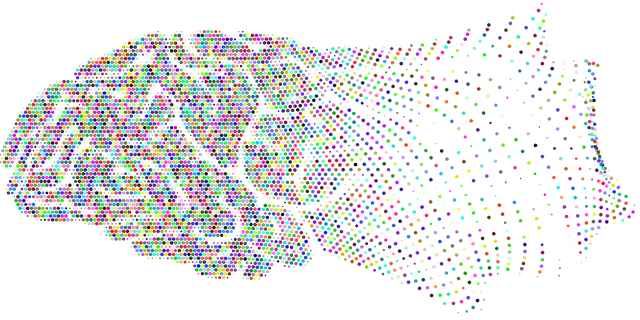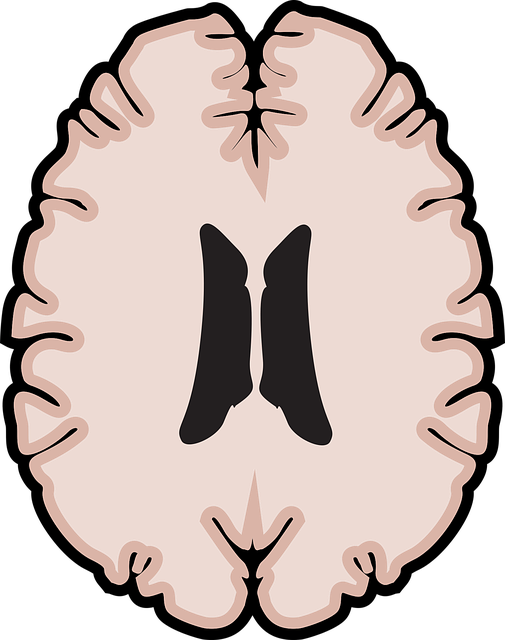In designing mental health education for Littleton's diverse Mandarin Chinese-speaking population, cultural sensitivity is paramount. The Littleton Mandarin Chinese Speaking Therapy initiative creates safe, culturally responsive environments, addressing specific community challenges like subtler expressions of distress. Through interactive workshops, small group discussions, and individual exercises, the program empowers participants with self-awareness tools and burnout prevention strategies for managing stress in real-life situations. Evaluation includes pre- and post-program surveys and mental wellness journaling to measure improvements in coping mechanisms, life satisfaction, and confidence in seeking support.
Mental health education programs play a pivotal role in fostering well-being, especially in diverse communities. This article delves into the intricate design of such programs, focusing on cultural sensitivity, effective curriculum structure, and innovative therapeutic methods. We explore how tailored programs, like the unique Littleton Mandarin Chinese Speaking Therapy, can address specific linguistic and cultural needs. Furthermore, it highlights evaluation strategies to gauge success and measure the impact on participants’ mental health and overall well-being.
- Understanding Cultural Sensitivity in Mental Health Education
- Program Structure and Curriculum Design for Effective Learning
- Incorporating Interactive Therapies: A Unique Approach with Littleton Mandarin Chinese Speaking Therapy
- Evaluation Strategies to Measure Success and Impact on Participants' Well-being
Understanding Cultural Sensitivity in Mental Health Education

In designing mental health education programs, especially for diverse communities, cultural sensitivity is paramount. It’s crucial to understand that mental health experiences and expressions can vary significantly across different cultures, influenced by historical, social, and familial contexts. For instance, in communities like Littleton with a significant Mandarin Chinese-speaking population, therapists and educators must be attuned to unique cultural norms and beliefs surrounding mental well-being. What may be considered open discussion about emotions in Western cultures might be viewed differently in Asian communities, where expressions of distress can be more subdued or indirect.
Therefore, incorporating strategies that foster a safe, culturally responsive environment is essential. This involves not just translating educational materials but also ensuring that the approach to teaching anxiety relief, crisis intervention guidance, and promoting positive thinking aligns with cultural values. Therapists and educators should learn about the specific mental health challenges and strengths within these communities, using this knowledge to tailor programs that resonate and effectively address the unique needs of Mandarin Chinese speaking individuals in Littleton.
Program Structure and Curriculum Design for Effective Learning

An effective mental health education program, like the Littleton Mandarin Chinese Speaking Therapy initiative, should be meticulously structured and designed to foster meaningful learning. The curriculum should begin with establishing a safe and inclusive environment where participants feel comfortable sharing their experiences. This foundation is crucial for building trust and encouraging open dialogue.
The program structure should integrate diverse components such as interactive workshops, small group discussions, and individual reflective exercises. Self-Awareness Exercises can be a core element, helping individuals recognize and understand their emotions and thoughts. Additionally, incorporating topics like Burnout Prevention and Emotional Regulation will empower participants with strategies to manage stress and maintain mental well-being. A balanced curriculum that combines theoretical knowledge with practical skills ensures that learners can apply what they’ve learned in real-life situations.
Incorporating Interactive Therapies: A Unique Approach with Littleton Mandarin Chinese Speaking Therapy

Incorporating Interactive Therapies offers a unique and innovative approach to mental health education, particularly for communities like Littleton’s Mandarin Chinese-speaking population. Traditional therapy often faces language barriers, but integrating therapies tailored to specific cultural backgrounds can significantly enhance accessibility and effectiveness. This method ensures that therapeutic practices resonate with individuals’ cultural identities, fostering a sense of comfort and understanding during the healing process.
Littleton Mandarin Chinese Speaking Therapy is designed to address the unique needs of this demographic, incorporating elements like group discussions, interactive games, and cultural-specific activities into therapy sessions. Such interactive methods not only increase engagement but also promote emotional healing processes through active participation. Moreover, these tailored programs can lead to better outcomes in mental health interventions, as they consider cultural nuances and public awareness campaigns development, ultimately contributing to the organization of successful stress management workshops.
Evaluation Strategies to Measure Success and Impact on Participants' Well-being

Effective evaluation strategies are integral to any mental health education program, especially when tailored for specific communities like Littleton Mandarin Chinese speaking individuals. To assess the success and impact of such programs, a multi-faceted approach is required. This could include pre- and post-program surveys to gauge changes in participants’ perceptions of their mental wellness, with particular focus on resilience building and self-care practices. For instance, questionnaires can measure improvements in coping mechanisms, stress management, and overall life satisfaction.
Additionally, implementing a mental wellness journaling exercise guidance as part of the program allows for qualitative feedback, providing insights into individual experiences and transformations. The consistency in reflections over time can highlight the development of personal strategies for managing mental health. For example, participants might document improvements in self-awareness, enhanced ability to express emotions, or increased confidence in seeking support, all valuable metrics for evaluating the Littleton Mandarin Chinese Speaking Therapy program’s overall effectiveness and its contribution to participants’ well-being.
Mental health education programs, like Littleton Mandarin Chinese Speaking Therapy, must navigate cultural sensitivities and incorporate diverse teaching methods. A well-structured curriculum, interactive therapies, and robust evaluation strategies are key to fostering meaningful learning experiences that positively impact participants’ well-being. By integrating these elements, we can create inclusive environments that address mental health needs effectively, especially within culturally diverse communities.









